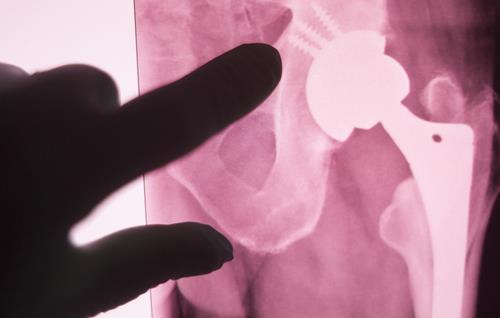The Impact of Medical Burnout on Patient Safety
Florida Law Group Medical Malpractice in malpractice, medical burnout, medical malpractice, medical malpractice attorney, medical malpractice lawyer, patient safety

Medical burnout describes a serious problem across the medical industry; research shows a growing trend in many hospitals that may be classified as an epidemic. More than half of medical professionals, surveyed in a study by Anderson Robbins Research, reported serious symptoms of medical burnout.
This phenomenon typically involves visible exhaustion in the workplace. Many physicians report they have developed a cynical attitude towards their work. Nurses, doctors, and medical professionals of all fields are susceptible to it. This type of burnout has serious negative consequences on workplace performance.
Medical burnout is more than just a negative mood towards work. It involves a serious lack of engagement and separation from the patient relationship. Patients are often the ones who suffer most at the hands of medical burnout, and are at a greater risk of receiving substandard or negligent treatment.
How Medical Burnout Hurts Performance
It’s easy to see how quickly medical burnout can happen, but it can be harder to know when it’s actually happening. Medical burnout can have a serious impact on performance, and affect many different areas of a patient’s treatment outcome.
One of the biggest contributors to the problem is a serious overload of patients assigned to each medical professional. Over 77 percent of the nurses surveyed agreed that unsafe patient assignment was a huge problem. Patient overload causes a multitude of issues for the medical team, and especially for the patients in need of care; it is often impossible to provide the care a sick patient requires when a provider has more patients than is possible to handle at once.
Without enough staff to care for the influx of patients, it’s common to see a drop in quality of care. It becomes much more difficult to ensure patient safety. The likelihood that a patient will receive consistent care in a timely manner is sharply reduced.
What to Look out for as a Patient
Patients need to be diligent in order to avoid the damaging effects of medical burnout. It can be difficult to discern whether or not you’re given the best care at a given time. However, there are some flags to keep an eye out for that might help paint a better picture. Here are some things to look out for that might suggest your healthcare provider is overburdened, and potentially experiencing medical burnout.
Pay close attention to the relationship you’re able to build with the doctor or nurse. In an ideal situation, your healthcare provider will be engaged when communicating. You should see a genuine interest in your wellbeing and finding the best treatment option. If you find that you’re unable to connect with the doctor and your concerns aren’t taken seriously, there may be a greater issue going on behind the scenes.
Attitude in the workplace can offer serious insights as to the health of a work environment. Avoid medical teams that are overtly and consistently cynical in their work. Seek professionals that provide a genuine interest in the well being of their patients.
Don’t feel afraid to ask questions. If you have concerns that you aren’t receiving the quality of care you need, speak up. Engage your healthcare provider with an open dialogue about your concerns. If the team is not receptive to your fears and fails to respond in a helpful way, you might serve your best interests by finding a new healthcare provider. An ideal medical professional will always prioritize your well-being.
If you believe you are a victim of medical malpractice, please contact the Florida Law Group online or at 813-463-8880 for a free consultation.


